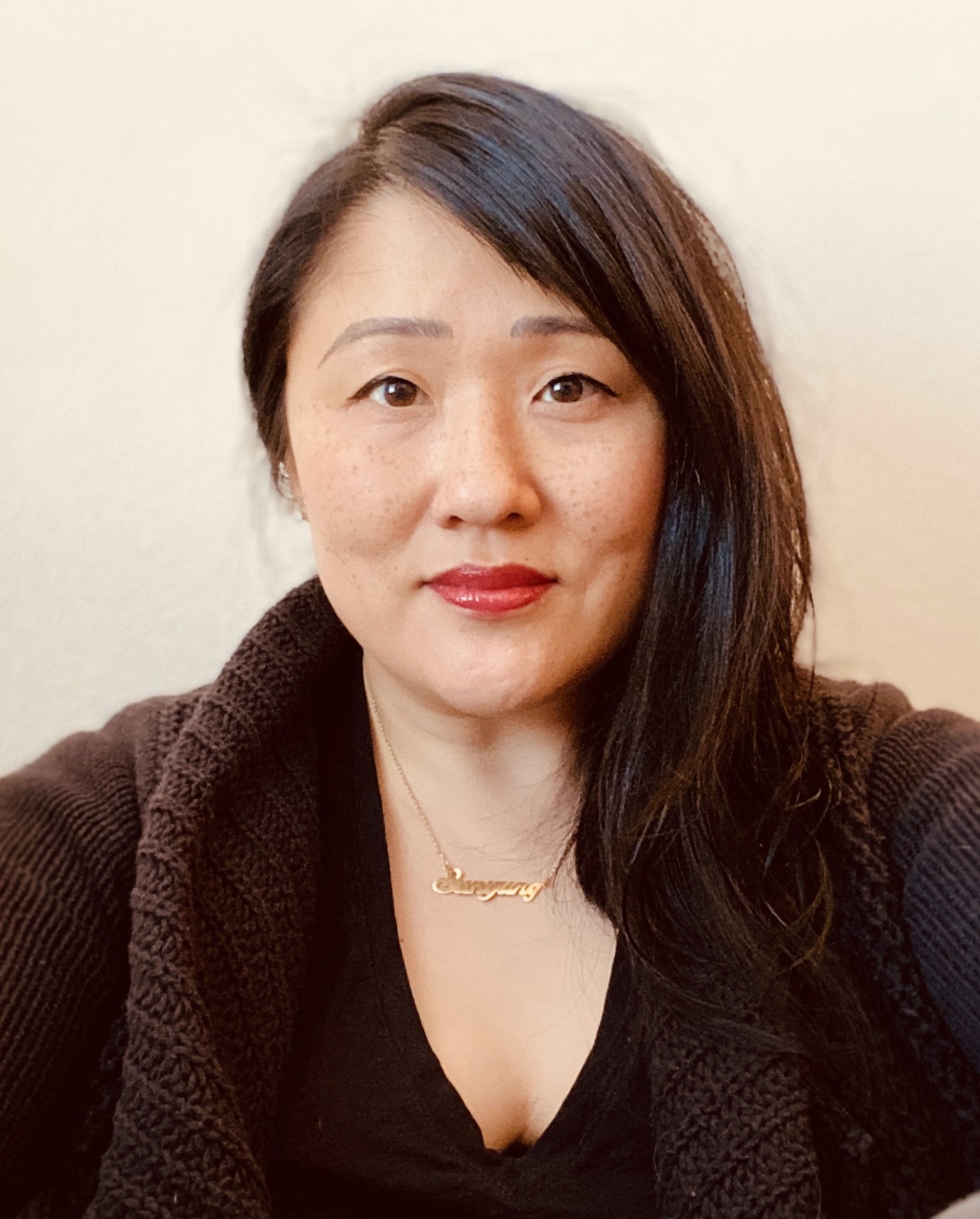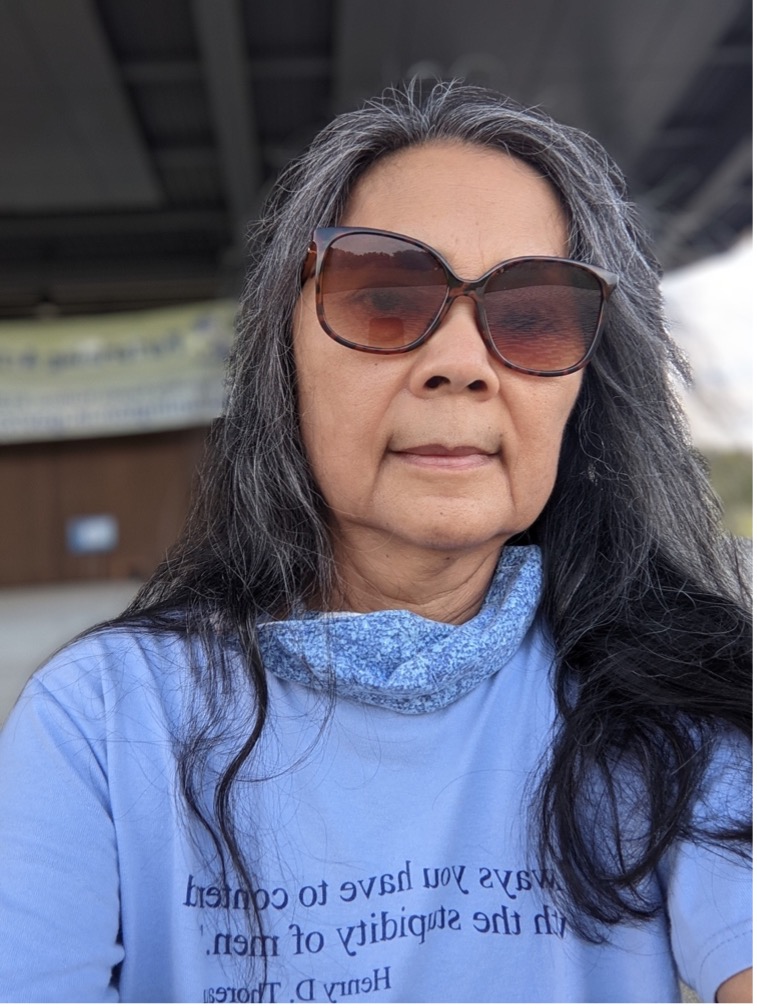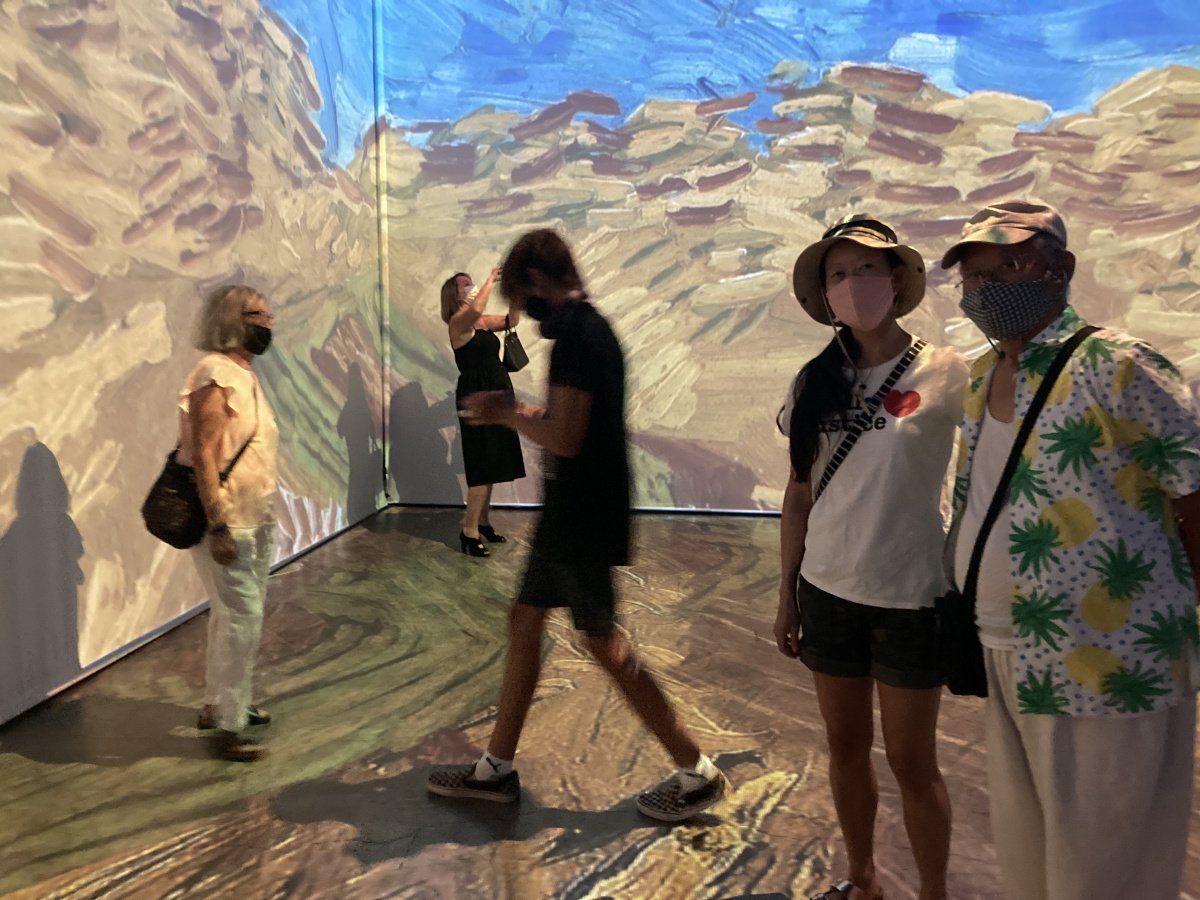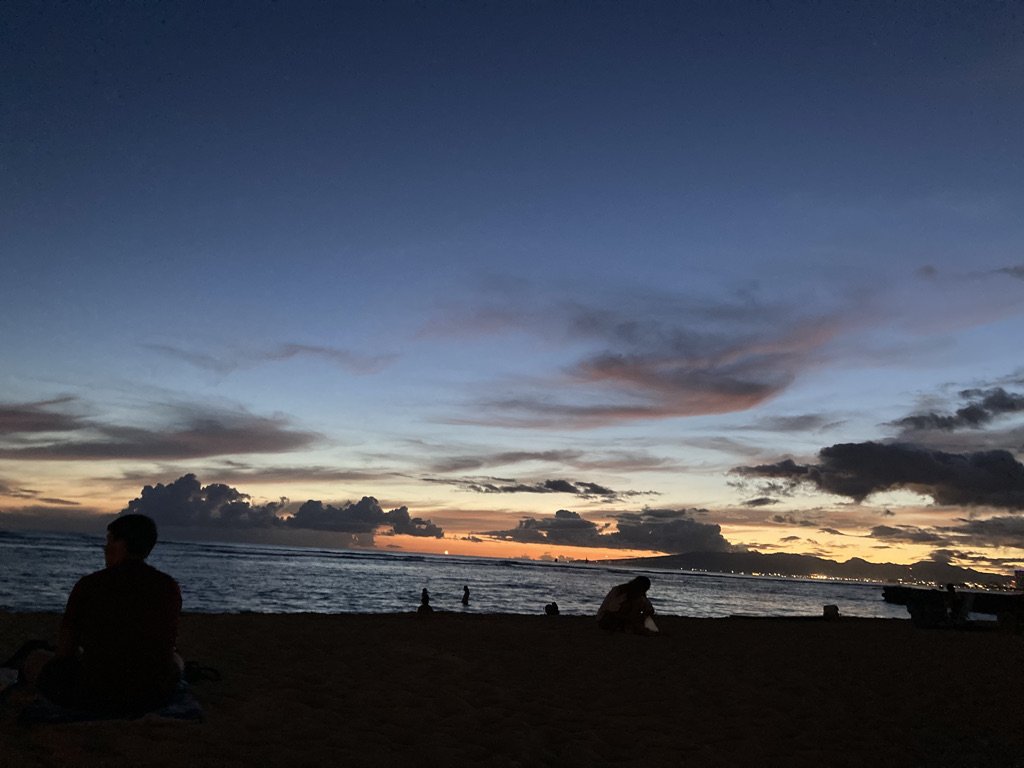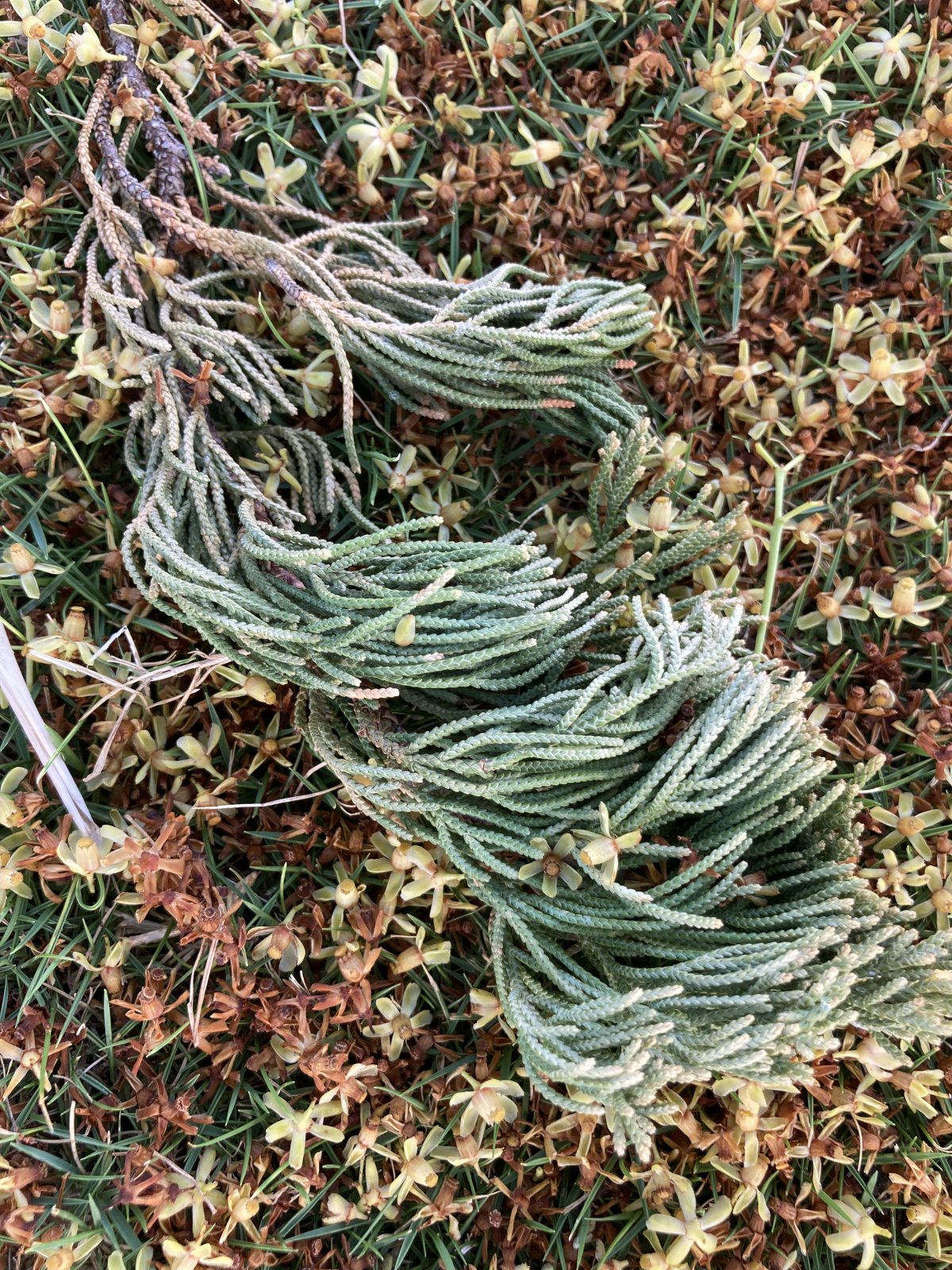This poem When I Sleep was first published in an anthology released by the Asian American Women’s Artists Association Cheers to Muses. I believe there are still hard copies of this book available through the organization. Work exhibited or featured ranged from sculpture to prints to writing. We do not create in a vacuum; at any time there are others who are creating, making, and expressing, and it’s important to note that we are not alone in this way. Women who have chosen a path predicated on expression and creativity often find themselves on the fringes of a society, and so it is important to know that you are not alone in this endeavor, that is often looked upon by outsiders as rather peculiar. It’s important to note that there are avenues of art that are always accepted by society should they fall into the matrix of womanly arts–these are not to be dismissed. But when you begin to question existing narrative frameworks art becomes dangerous.
Always remember that writing is a radical act. And as anyone who writes will tell you: writing is not a choice; it’s a compulsion.
I was remembering what a Korean American friend of my sister’s once told her: “Why can’t you just conform?” LOL. This is such a terrifying statement on so many levels. What was it about how this young woman was raised that she would level this type of criticism? Rather terrifying. The world finds so many ways to keep women compliant.
The poem below was a real dream I had many years before I divorced. I was extremely unsettled, filled with anxiety, but it was difficult for me to discern why or how as seemingly, everything on on the surface seemed to be as it should. Child. Spouse. House. Work. Check. Check. Check. It’s the potential hell of surface oriented idea of a heteronormative nuclear family that is a disguise for unrest and discontent. I found out years later, unsurprisingly that many people I knew were more or less drug-filled, bodies numbed from what modern capital declares is contentment. Purpose and happiness are complicated when it comes to obligations and definitions of women and place. Our bodies know what our minds fail to grasp. There is no peace without sleep, lack of sleep is a form of madness, and this absurd modern condition is the killing of what it means to be who are meant to be. What does one do if the dreams offer no release from the day? If the day is a continuation of what is reflected in a dream?
This poem underwent quite a few drafts. It is much shorter than the original, but I tried to keep the idea of the upset of the ordinary: How we squelch the true ideas we must confront in the daily habits of washing our face, walking across the floor, going to sleep. At this point too, I began to see how the power of beauty, youth stands with age.
There is too a refusal to awaken, because to truly rise means to live seamlessly between what is honest and to acknowledge what most deny. We live this way to shore up some idea of what should be– that is rooted in concepts of scarcity and fear.
The ideal state is to live without denial of who and what you are, to peel off the layers of sleep that seep into our waking hours, to boldly move your body, all of who you are, into a state of consciousness rooted in an awareness of mortality. Calm. Acceptance. Peace. Joy.
And now I head to the water. Have a great day. Aloha.
When I Sleep
Memory drowns in dreams—
monsters of the deep bare incisors,
scrape with scales.
Incandescent. Ravenous.
Earth’s belly spits a picture:
you run on a meadow to muses,
blossoms of poetry.
I lift my hands in a corner of disbelief.
Trapped by morning.
Eyes raise to the sun.
Escape vanquished by daylight’s rip.
Night’s pictures, a pornographic loop.
I am sorry, but I too
have impossible songs that swell.
We bend, but the nightly reprieve will not halt.
I splash water onto my face,
note lines on my neck,
imagine words murmured in your sleep
did not leak into my own.
